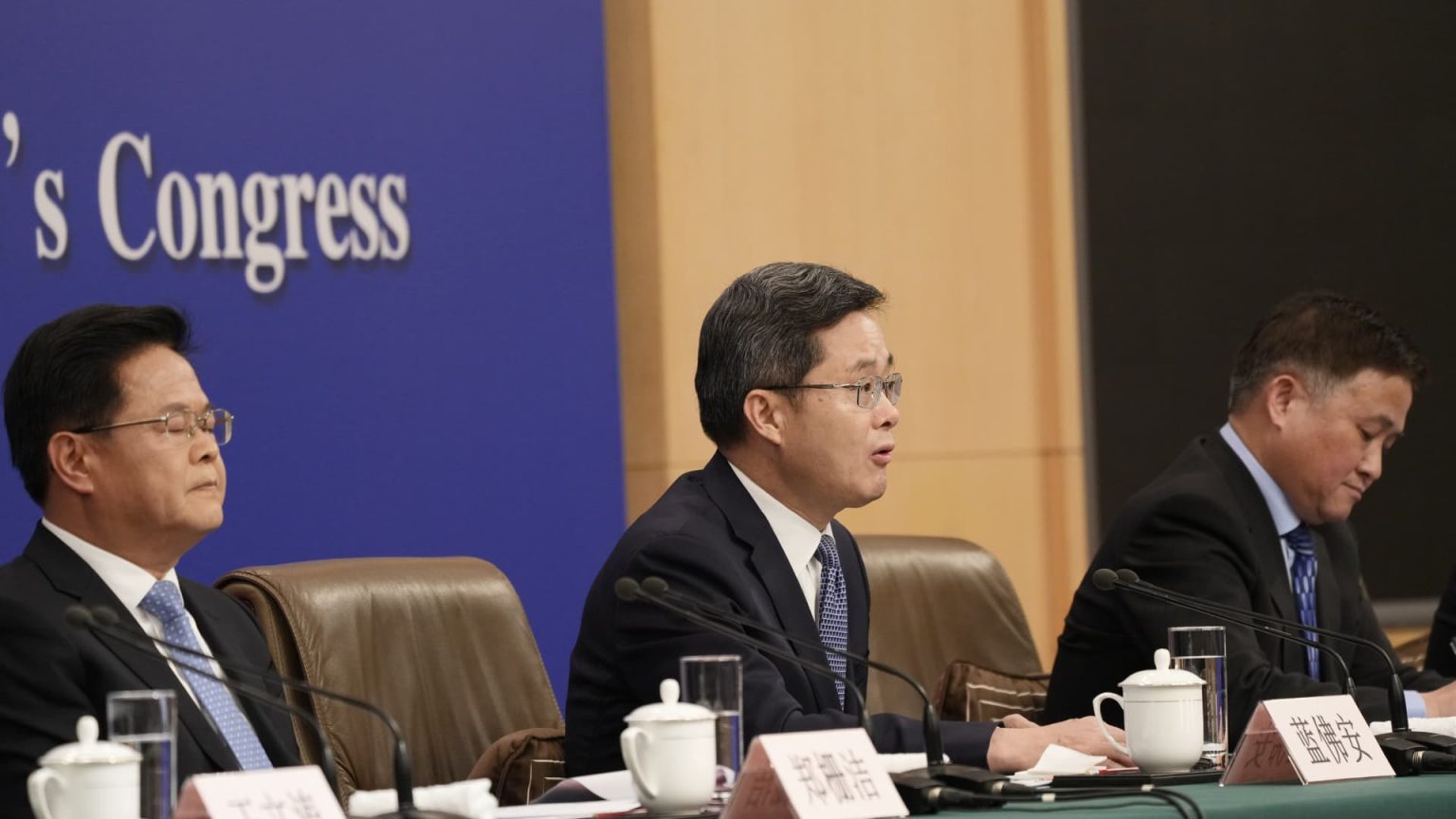During a press briefing, China’s Minister of Finance Lan Fo’an announced that the central government has room to increase debt and the deficit, suggesting that more stimulus measures are on the way. Economists have been calling for additional fiscal support, and Lan stated that the space for a deficit increase is “rather large.” He acknowledged that policies are still under discussion and emphasized that more details are needed to evaluate the impact of such measures on the macro outlook. The finance ministry outlined policy measures aimed at addressing local government debt, stabilizing real estate, and supporting employment, but did not specify the size of any upcoming stimulus package.
Regarding real estate, the finance ministry will allow local governments to use special bonds for land purchases and affordable housing subsidies for existing inventory. Authorities are also considering plans to reduce real estate-related taxes, although specific figures were not provided. Analysts have projected varying amounts for the needed fiscal stimulus, with estimates ranging from around 2 trillion yuan to over 10 trillion yuan. Ting Lu, chief China economist at Nomura, cautioned that any stimulus would typically need approval by China’s parliament, which is expected to hold a meeting later in the month. How the funds are used will be crucial in determining the effectiveness of the stimulus.
China’s retail sales have only experienced modest growth in recent months, and the country’s real estate market remains sluggish. GDP rose by 5% in the first half of the year, raising concerns about whether China will meet its full-year target of around 5%. The upcoming release of third-quarter GDP data on Oct. 18 will be closely monitored for further insights into the state of the economy. Bruce Pang, chief economist at JLL, emphasized the importance of maintaining some reserves in case of unexpected shocks and is awaiting more details to be announced at the parliamentary meeting later in the month.
After a weeklong holiday, mainland Chinese stocks experienced volatility as a stimulus-fueled rally waned. Major stock indexes retreated to levels seen in late September after earlier climbing due to policy announcements signaling government intervention to stimulate growth. The People’s Bank of China cut interest rates and extended real estate support measures, while the National Development and Reform Commission pledged to expedite the use of allocated funds for investment projects. Despite these efforts, further details on additional stimulus were not provided during the press conference. Market observers are eagerly awaiting more information on the government’s plans for stimulus measures and their potential impact on the economy.


